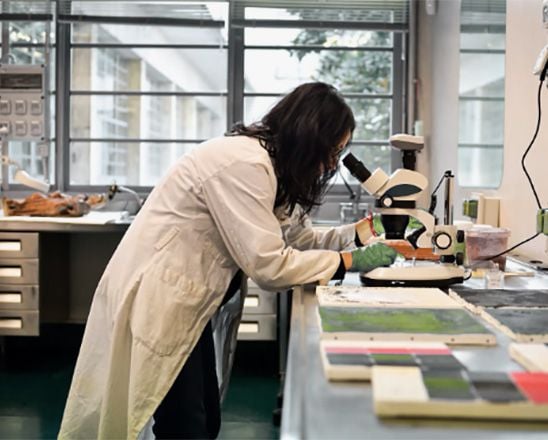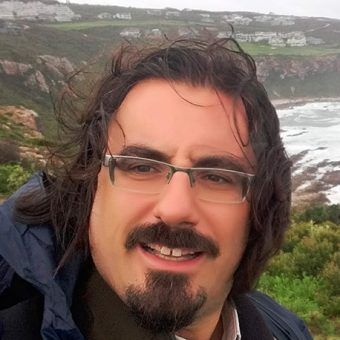
Unveiling the Past: Nuclear & Particle Physics in Archaeology

This course is offered in collaboration with the National Center for Scientific Research “Demokritos” and will be taught by a Demokritos researcher/scientist. Classes will be held at the facilities of Demokritos.
Social science is a group of academic disciplines that examine human behavior. It incorporates all branches of academic study that deal with human behavior, both present and past. The study of such aspects in the past includes topics such as archaeology, geoarchaeolgy, cultural heritage, and conservation of art objects. Archaeometry is a compound word (from the ancient Greek words archaeos- meaning ancient, and, -metron, denoting unit or measurement) that etymologically defines the interdisciplinary application of scientific techniques to the study of all aforementioned aspects of human behavior in the past. Such techniques are primarily based on fundamental principles and phenomena of physics. Nevertheless, the early 20th century is of particular significance, as it is associated with the development of nuclear and solid-state physics. The course describes the numerus applications of elementary particles, accelerators, and radiation physics in general to the study of heritage objects and historic/prehistoric events, such as age assessment, characterization, environmental reconstruction, and palaeo-archaeo-thermometry. As Greece bridges not only three continents, but also a variety of cultures and civilizations, it holds significant importance in reconstructions of early European prehistory. The proximity of the region to Africa and West Asia, whether by sea or land, makes it a Palaeolithic “land of promise.” Therefore, special emphasis will be placed on applications within the Eastern part of the Mediterranean Sea.
Learning Objectives
This course will primarily teach students to:
– Identify which techniques can be used for geo-archaeological studies, depending on the questions that scientists deal with.
– Explain how radiation could be applied to Cultural Heritage and Environmental Reconstruction.
– Suggest integrated approaches based on the individual features of the various geo-archaeological projects.
– Evaluate the significance of studying Cultural Heritage and Environmental Reconstruction in our everyday lives.
– Recognize which techniques utilize radioactivity for peaceful applications.



